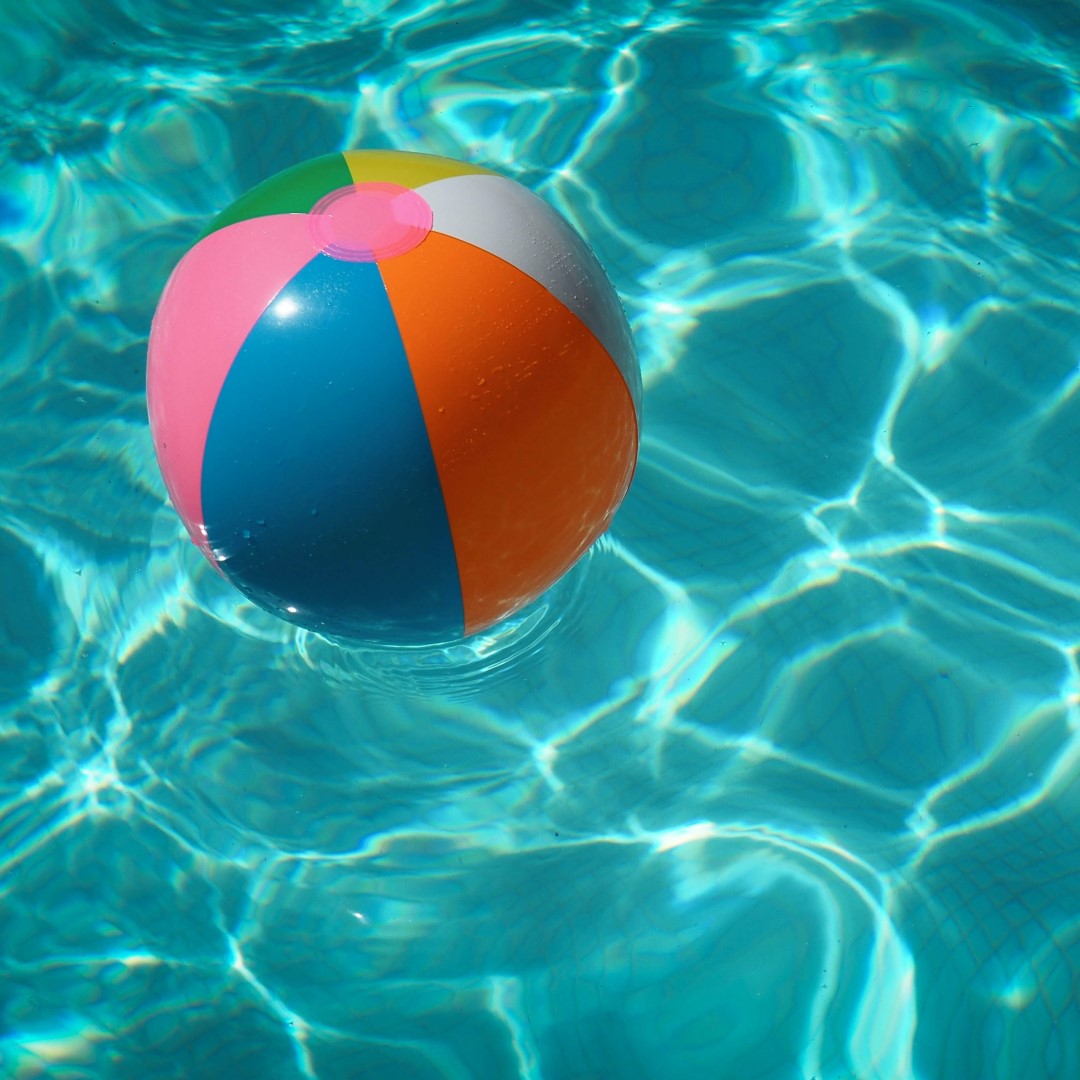Retirement Life
26 January 2024
How to beat the heat this summer
Ah, summer. It’s hard to beat the long, golden-hued days between late December and March-ish, when the air is warm, toes come out, and ice cream becomes a staple food group. Except when the heat moves past pleasant to unbearable. North Canterbury has already hit 34.6C this year and forecasters are warning there could be more such temperatures to come – possibly even higher.
Extreme heat isn't just uncomfortable. It can be dangerous, too.
It’s important to be alert to heat-related illnesses, both in yourself and others. Signs of heat exhaustion, or the more serious heat stroke, include things like headache, painful cramps, dizziness, confusion, weakness, nausea, heavy sweating, flushed skin, rapid heartbeat, and thirst.
Seniors, as well as the very young, are more at risk because they are less able to adjust to sudden temperature changes. Older bodies hold more heat and don’t release as much sweat, which can put internal systems under stress.
Keep an eye on each other.
If you’re worried you or someone around you might be suffering from heat stroke it’s vital to move to a cool place and rest, remove excess clothing, place cool compresses on skin, and drink sports drinks containing salt and sugar. If there’s no improvement get the person to A&E quickly, as IV fluids might be needed.
Of course, better yet is to avoid overheating to begin with. Here are a few tips to keep you, and your home, cool when the mercury creeps into the danger zone:
Take the first step towards a successful Retirement!

1. Keep hydrated:
Drink plenty of water throughout the day to stay hydrated. Avoid alcohol and caffeine, as they can dehydrate you.
2. Stay indoors:
Stay indoors during the hottest parts of the day, typically between 11 a.m. and 3 p.m. If you need to go outside, wear light-coloured, loose-fitting clothing and a hat to protect yourself from the sun.
3. Use air conditioning
If you have air conditioning use it to keep your home cool. If you don’t have it, consider going to a public place that does, such as a library or shopping mall. Or try the cheat’s version: place a shallow bowl of ice in front of a fan and enjoy the breeze. As the ice melts, then evaporates, it will cool you off.
4. Immerse yourself in water:
If you don’t have a body of water handy, take a cool shower or bath to help lower your body temperature. Alternatively, fill a spray bottle with water and keep it in the fridge. When the heat gets too much, spritz your face and body. Experts also suggest applying cool water or compresses to wrists to quickly cool the blood in our veins. Feet are another handy shortcut to a full-body cool-down. Soaking your feel in cool water or wearing wet socks can help you feel less hot. Bonus sock-related tip: fill one with rice and freeze it for an hour or two. Rice stays cold for a long time, so it’s a handy ingredient for home-made cold compresses.

5. Eat light meals:
Eat light, cool meals such as salads and fruits. Avoid heavy, hot meals that can raise your body temperature. Although, one interesting exception is spicy food which doesn’t heat you up as you might expect. The capsaicin in chillis, for example, can cause you to sweat which actually helps cool you down.
6. Avoid heat-generating applicance:
Skip the drying cycle on the dishwasher. Instead, leave the door open to let the dishes dry. And put off using the dishwasher until evening, when the air is cooler. Give the clothes dryer a break, too, and hang your clothes on the line. If you cook, use the stovetop, microwave, air fryer, or a barbecue instead of the oven.
7. Keep it loose:
The best way to cool down is to have sweat evaporate directly from skin to air, so loose, billowy natural fibres that allow air movement next to the skin are your best bet. Tight-fitting clothing makes you feel sweatier, while dark colour absorb more heat, making you hotter.
8. Think cold:
Some psychologists suggest ‘tricking’ your mind into thinking it’s cold by reading or watching something set in wintry conditions. Good excuse to pick up the latest Scandi-noir thriller or re-watch Love, Actually!
Calculate what you could draw in retirement.

9. Cool spaces:
Trying to sleep in a hot room can make for a restless night. If you feel safe with a window open and the air is cooler outside, one expert recommends facing a fan’s blades out the window instead of into the room. This sucks warm air out of the house and pulls cooler air in. Or, try this popular trick from residents in hot, dry, desert-like climates and hang a damp sheet in an open window, which cools incoming breezes. Not so useful in humid environments, though!
Invest with Lifetime for a retirement income managed for living.
